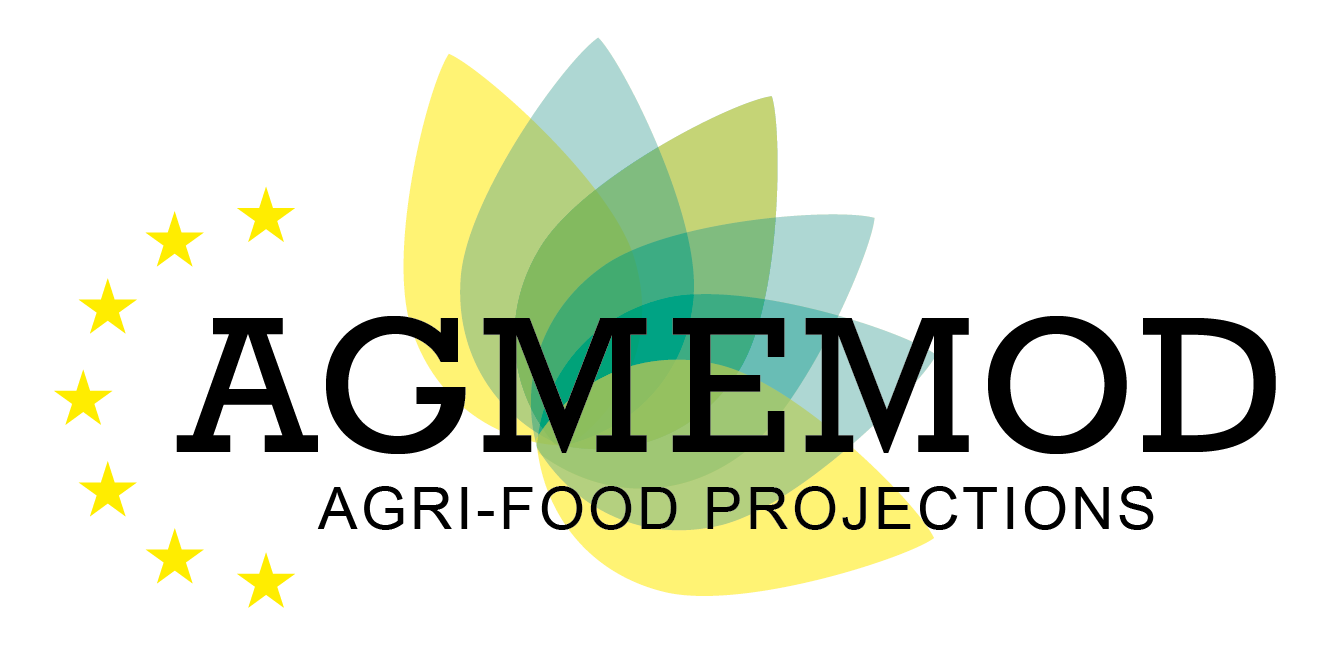Ongoing Projects
STEP UP (2024-2027)

STEP UP (Sustainable Livestock Systems Transition and Evidence Platform for Upgrading Policies) is a Horizon Europe research project with 16 partners aiming to support the development of more economically, ecologically and socially sustainable European Livestock Production Systems in the EU. Project results will support decision-makers in developing policies that contribute to the development of more sustainable European livestock systems while recognising the central role of livestock production in meeting the nutritional and societal needs of the European and global population.
AGMEMOD will be used (together with CAPRI and MAFSEU models) to elaborate possible future scenarios. In the course of the project, AGMEMOD will be enhanced to reflect the diversity of production livestock systems in the EU. Thünen leads the project's modelling work, with support from Wageningen Economic Research for modelling activities with AGMEMOD.
Link: https://horizon-stepup.eu/
Act4CAP27 (2024-2029)
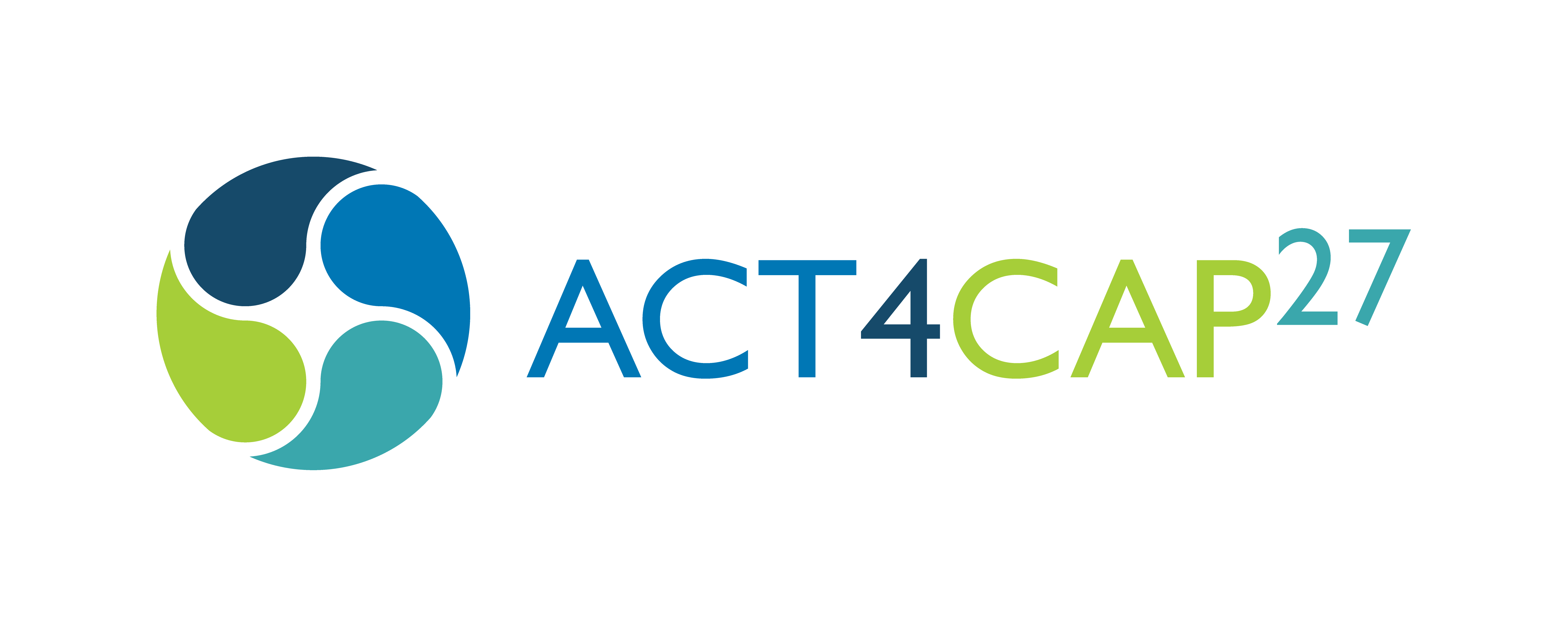 Agricultural policies are changing and, consequently, the tools to analyse these policies need to be adapted. Therefore, Act4CAP27 (Advancing Capacity and analytical Tools for supporting Common Agricultural Policies post 2027) aims to adjust the European Commission’s IMAP (Integrated modelling platform for agro-economic and resource policy analysis) models, i.e., CAPRI, MAGNET, AGMEMOD, as well as GLOBIOM for future policy impact assessments with a focus on the Common Agricultural Policy (CAP) after 2027 and their economic, social (including health), environmental and climate sustainability impacts.
Agricultural policies are changing and, consequently, the tools to analyse these policies need to be adapted. Therefore, Act4CAP27 (Advancing Capacity and analytical Tools for supporting Common Agricultural Policies post 2027) aims to adjust the European Commission’s IMAP (Integrated modelling platform for agro-economic and resource policy analysis) models, i.e., CAPRI, MAGNET, AGMEMOD, as well as GLOBIOM for future policy impact assessments with a focus on the Common Agricultural Policy (CAP) after 2027 and their economic, social (including health), environmental and climate sustainability impacts.
The 5-year EU Horizon Europe project brings together 11 partners across Europe. The AGMEMOD-teams of Wageningen Economic Research, the Thünen-Institute and the Polissia National University are involved in the project. To improve the models, multiple scenarios will be developed and analysed addressing changes of the CAP after 2027. Further, AGMEMOD will be enhanced by several modules to better depict CAP policies, organic farming, diet changes and other future challenges.
Link: https://act4cap27.eu/
BrightSpace (2022-2027)
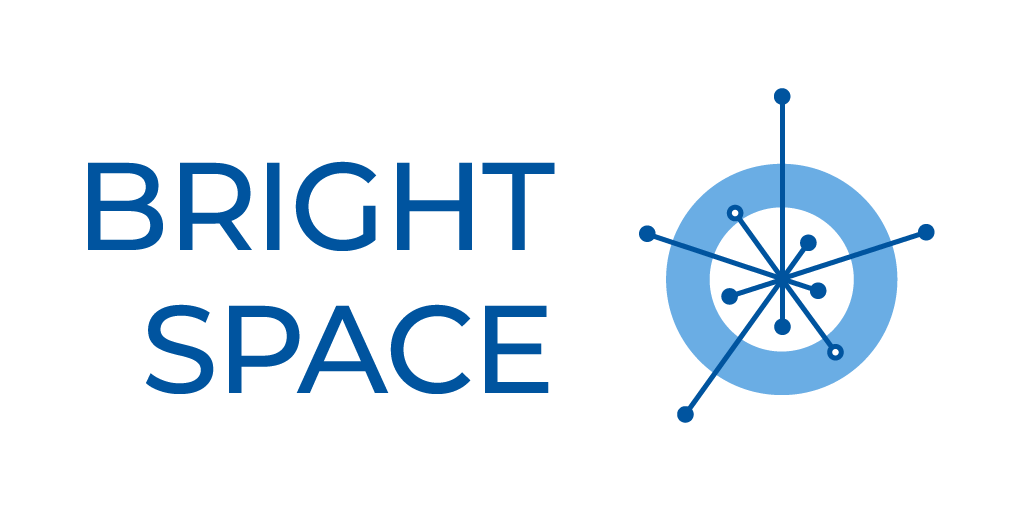
BrightSpace is 5-year project funded under Horizon Europe that aims to design a roadmap for effective and sustainable strategies for assessing and addressing the challenges of EU agriculture to navigate within a Safe and Just Operating Space (SJOS).
The European Green Deal, aims, among others, to increase the contribution of EU agriculture to climate change action, improve the management of natural resources, ensure a fair economic return for farmers, and reinforce the protection of biodiversity. EU agriculture and food practices are currently not on the right track to meet the Green Deal ambitions and objectives. These objectives are interdependent, and while often aligned, they may also compete. Synergies and trade-offs between socio-economic and environmental outcomes are brought together in the concept of a Safe and Just Operating Space (SJOS), where the Safe component reflects the bio-physical boundaries of the ecosystem and the Just component the requirements for the well-being of the involved people.
Link: https://brightspace-project.eu/
Tools4CAP (2023-2026)
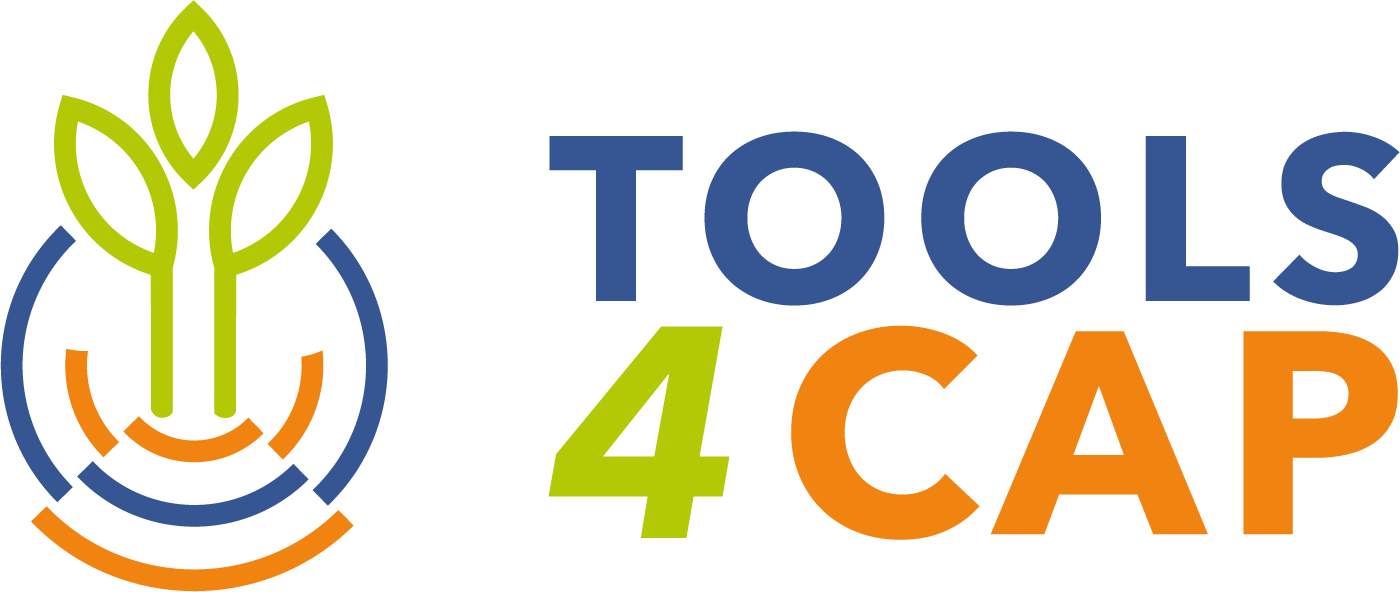 Tools4CAP (Innovative Toolbox empowering effective CAP governance towards EU ambitions, is a Coordination and Support Action in Horizon Europe (2023-2026) which gathers 21 partner organisations from 18 Member States.
Tools4CAP (Innovative Toolbox empowering effective CAP governance towards EU ambitions, is a Coordination and Support Action in Horizon Europe (2023-2026) which gathers 21 partner organisations from 18 Member States.
The New Delivery Model established by Regulation EU 2115/2021 will bring significant changes to the EU’s Common Agricultural Policy (CAP) governance. Specifically, it will introduce Strategic Plans and new monitoring, review and evaluation requirements. The EU-funded Tools4CAP project will support the implementation of National Strategic Plans 2023-2027 and lay the foundations for a sound preparation of Post-2027 Strategic Plans. Establishing a flexible and participatory Coordination and Support Action the project will promote learning, exchange processes and adoption of innovative solutions and good practices for the design, monitoring, and evaluation of CAP Strategic Plans. Tools4CAP will deliver a comprehensive inventory of tools, methodological guidelines on innovative solutions and a handbook of good practices.
The inventory of tools includes AGMEMOD as an example of ‘Policy analysis tools for evidence-based decisions’. In the course of this project, several rounds of training (2023, 2025) are organised in order to create additional modelling capacity at Member State level. AGMEMOD will also make a contribution to the case studies focusing on modelling tools.
Link:https://www.tools4cap.eu/
Thünen Baseline
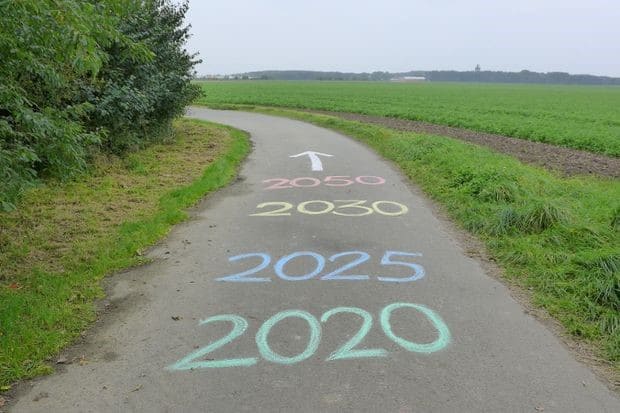
Every second year, the Thünen Institute generates projections of the situation on agri-food markets in Germany. Focal questions are how prices, supply, demand and trade will change yearly in the next 10 years. Then results are discussed with Federal and State Ministries in Germany. The generation of a baseline supports the political decision making process by providing quantitative projections of future agri-food markets developments that are currently influenced by policy or over which policy could have an influence.. A baseline is not a forecast of the future but describes expected developments under current policies considering assumptions of future values of exogenous variables not covered in the system like e.g. population, what some economists terms “conditional forecasts” . This baseline is then used as counterfactual scenario to simulate effects of alternative policies.
The AGMEMOD team from Thünen Institute are responsible for the modelling of important agri-food markets and their interactions of the EU Member States. AGMEMOD uses prices and quantities.
EU Agricultural outlook for markets and income
 Since 2015 the AGMEMOD network has participated in the process through which the European Commission’s Directorate General for Agriculture has produced its annual medium-term agricultural outlook for the EU. The medium-term outlook contains projections for the major EU agricultural commodity markets (arable crops, biofuels, meat, dairy products, olive oil, wine, peaches and nectarines, apples and tomatoes) and agricultural incomes to 2030, based on a set of coherent macroeconomic assumptions deemed most plausible at the time of the analysis. The projections assume a continuation of current agricultural and trade policies.
Since 2015 the AGMEMOD network has participated in the process through which the European Commission’s Directorate General for Agriculture has produced its annual medium-term agricultural outlook for the EU. The medium-term outlook contains projections for the major EU agricultural commodity markets (arable crops, biofuels, meat, dairy products, olive oil, wine, peaches and nectarines, apples and tomatoes) and agricultural incomes to 2030, based on a set of coherent macroeconomic assumptions deemed most plausible at the time of the analysis. The projections assume a continuation of current agricultural and trade policies.
Link:https://agriculture.ec.europa.eu/data-and-analysis/markets/outlook/medium-term_en
